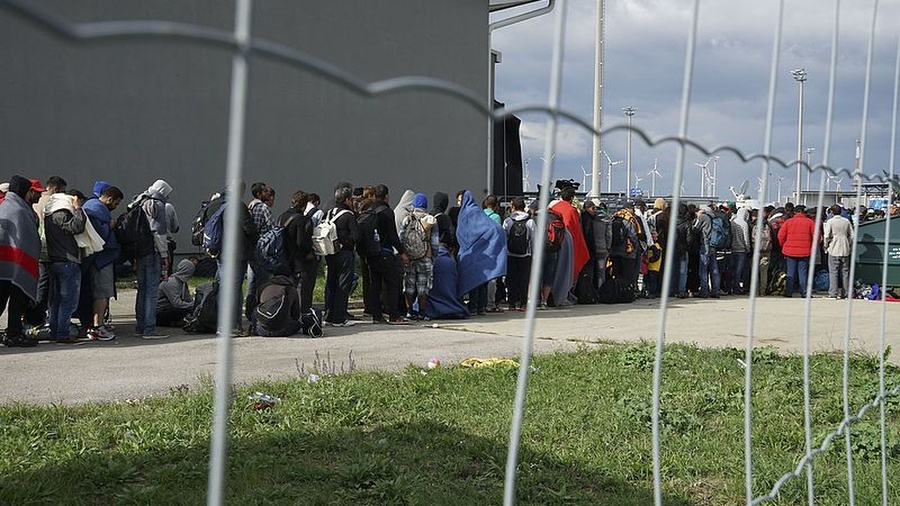Olga Gulina is director and founder of the RUSMPI-Institute on Migration Policy. She holds PhD in Migration Law (2010, University of Potsdam, Germany), PhD in Constitutional Law (2002, Bashkir State University, Russia), Certificate of Advanced Studies in Human Rights Law (2005, Helsinki Human Rights Foundation, Poland), Diploma in Law (Law Institute of Bashkir State University, Russia). She is the member of the Network of Migration in the European Union and Alumni of the Alexander von Humboldt Foundation, the European Academy of Diplomacy, the Kennan Institute and Moscow School of Political Studies. Olga has over 19 years academic and professional experiences. She has worked at the RUSMPI – Institute on Migration Policy (Germany), the Kennan Institute of the WWC (USA), the CEREN of the University of Helsinki (Finland), Menschenrechtszentrum (Germany), Law Institute of the Bashkir State University (Russia). Her field of expertise is a comparative immigration law, the EU and Russian immigration law and its enforcement, human rights law.




